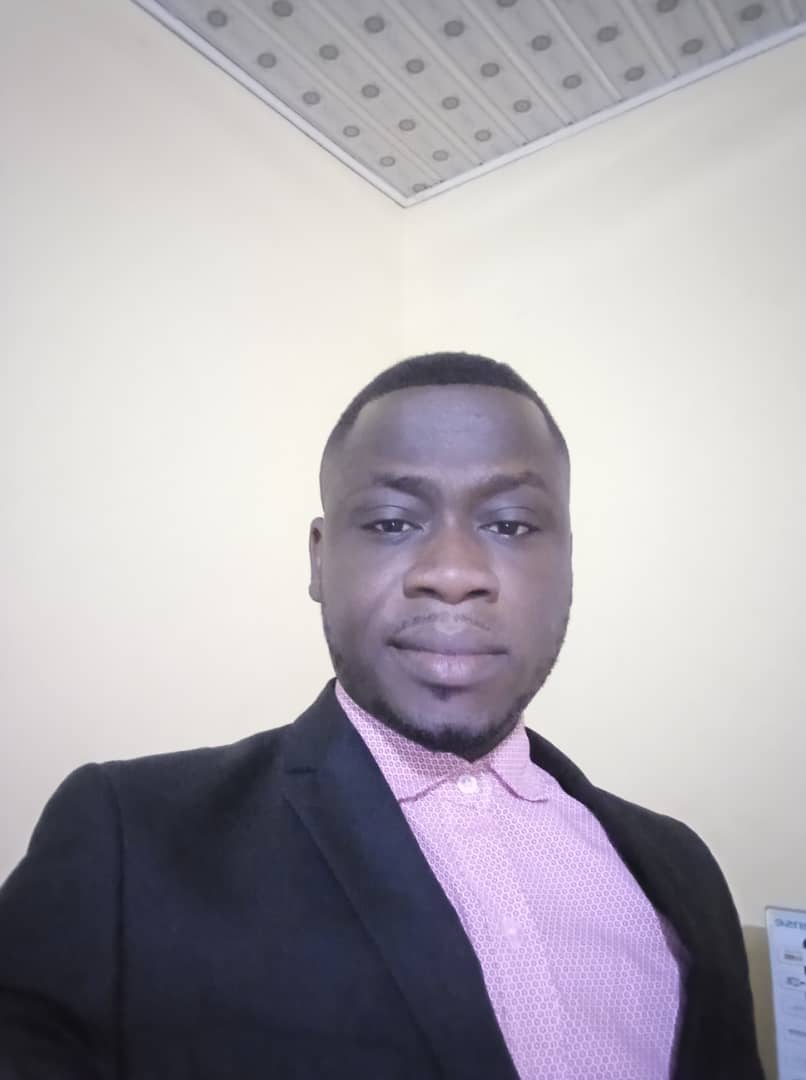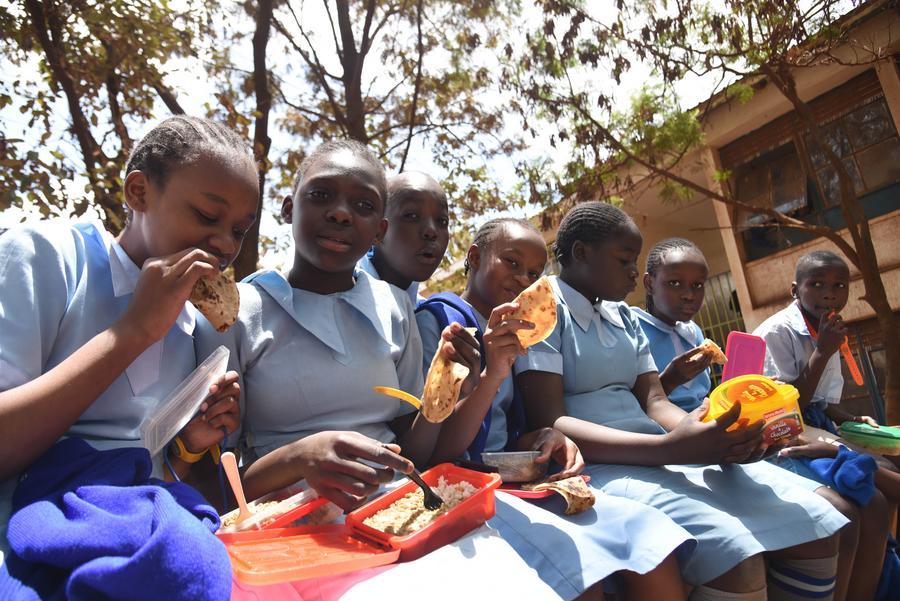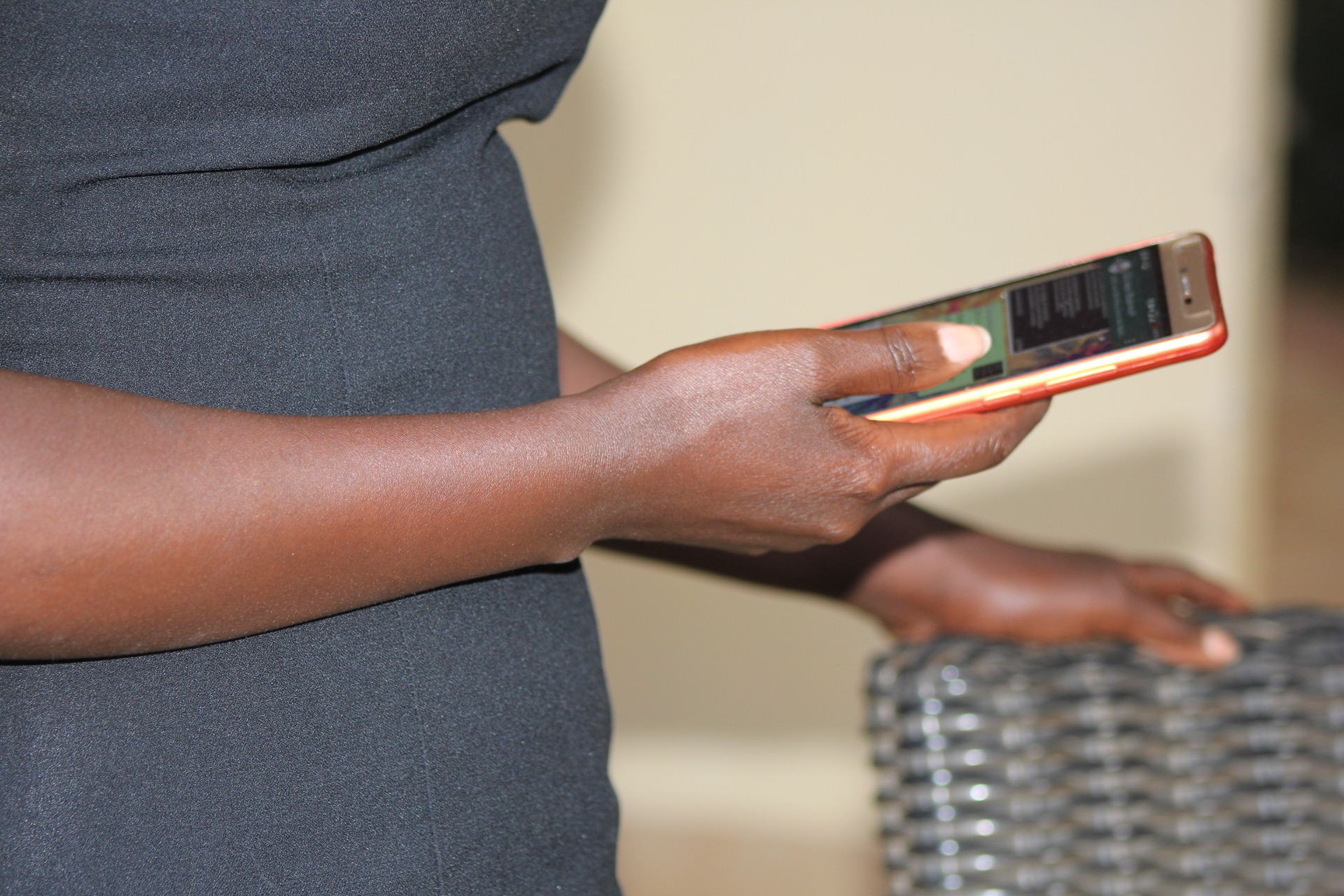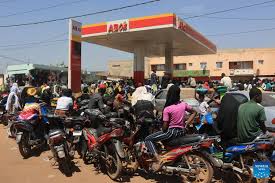By Emmanuel Edem Akomea
Every time a child is beaten senseless, denied food, used for labour, or forced to drop out of school, a crime may be happening under Ghanaian law.
Children are not just “small people who must obey everything.”
They are human beings with full legal rights, rights that every parent, guardian, teacher, and adult must know, respect, and protect.
This isn’t just moral advice. This is law. And as Ghanaians, we must educate ourselves and others before we unconsciously destroy the very lives we are meant to raise.
What Does the Law Say About Children?
The 1992 Constitution of Ghana, The Children’s Act, 1998 (Act 560), and international conventions like the UN Convention on the Rights of the Child, all say one thing clearly:
A child is a person below the age of 18.
And every child has the right to life, dignity, education, protection, and participation.
These rights are not given by parents. They are protected by law, and CAN BE ENFORCED BY THE COURTS.
RIGHT TO EDUCATION, It’s NOT A FAVOUR
If you are a parent or guardian, you are legally required to ensure your child goes to school, especially basic education, which includes kindergarten, primary and JHS.
Backed by:
Article 25 of the Constitution
Section 8 of the Children’s Act, 1998 (Act 560)
“Every child has the right to education and it is the duty of every parent to ensure that the child is enrolled in and attends school.”
This means keeping your child at home to sell water, hawk on the streets, or do house chores during school hours is illegal.
RIGHT TO PROTECTION FROM ABUSE
Many of us grew up in homes where “beating” was seen as love. But the law draws a clear line: correction is not the same as abuse.
It is illegal to:
Beat a child excessively
Starve a child as punishment
Lock a child in a room
Burn or mark a child for discipline
Verbally abuse or threaten a child regularly
Backed by:
Section 13 of the Children’s Act
Article 28 of the Constitution
Abuse is not only physical. Emotional abuse, neglect, and humiliation are equally dangerous, and punishable.
RIGHT TO HEALTH AND PROPER CARE
Whether you’re rich or poor, the child in your care deserves:
Adequate food
Access to medical care
Clean shelter
Clothing
Section 6 of the Children’s Act says every child has the right to grow up in a safe and caring environment.
It is not enough to say, “I didn’t give birth to the child.” If the child lives in your home, you’re responsible.
CHILD LABOUR IS ILLEGAL, KNOW THE LIMIT
Children can help out in the home or family trade, but any work that affects their health, education, or well-being is against the law.
Section 87 to 91 of the Children’s Act state clearly explain child labour and it’s variants.
Carrying cement blocks, working in galamsey pits, hawking on dangerous roads, or serving in chop bars late into the night, all of these are forms of child exploitation.
EARLY MARRIAGE IS A VIOLATION
No tradition or cultural excuse can justify marrying off a girl or boy below 18. Early marriage robs children of education, childhood, and safety.
Backed by:
Section 13 of the Children’s Act
Article 28(5) of the Constitution
Any marriage involving a child is void under Ghanaian law. Parents who allow or force it can face legal sanctions.
EVERY CHILD HAS A RIGHT TO NAME, IDENTITY AND BELONGING
From birth, a child has the right to:
A name
A nationality
A connection to their parents and culture
Section 4 of the Children’s Act
That’s why birth registration is not just a formality, it is a legal identity. Failing to register a child can later deny them access to school, voting, jobs, or even justice.
Parents: register your child’s birth within the first 12 months, it’s free and legally required.
DON’T IGNORE A CHILD’S VOICE
Children may be young, but they are not voiceless. Ghana’s laws support children’s right to express themselves, in ways appropriate to their age.
Children have the right to participate in decisions that affect them, especially when it comes to family separation, custody, or abuse.
Section 11 of the Children’s Act.
So don’t just say, “You’re a child, keep quiet.” Ask. Listen. Respect.
Final Word: Children Are Not Property , they’re Protected Citizens.
Ghana has strong laws to protect children, but the real question is: are we, as adults, obeying them?
Your niece, your househelp, your student, your stepson, they are all children under law, not servants, punching bags, or pawns.
If you’re a parent, guardian, teacher or adult in charge of any child, remember this:
YOU don’t JUST RAISE CHILDREN. YOU PROTECT THE FUTURE OF GHANA.
Let’s Talk:
Have you witnessed or experienced child abuse, neglect, or exploitation in Ghana? Do you believe many adults are aware of these laws?
Share your thoughts below.
You could be helping a child find justice just by spreading awareness. Enditem




